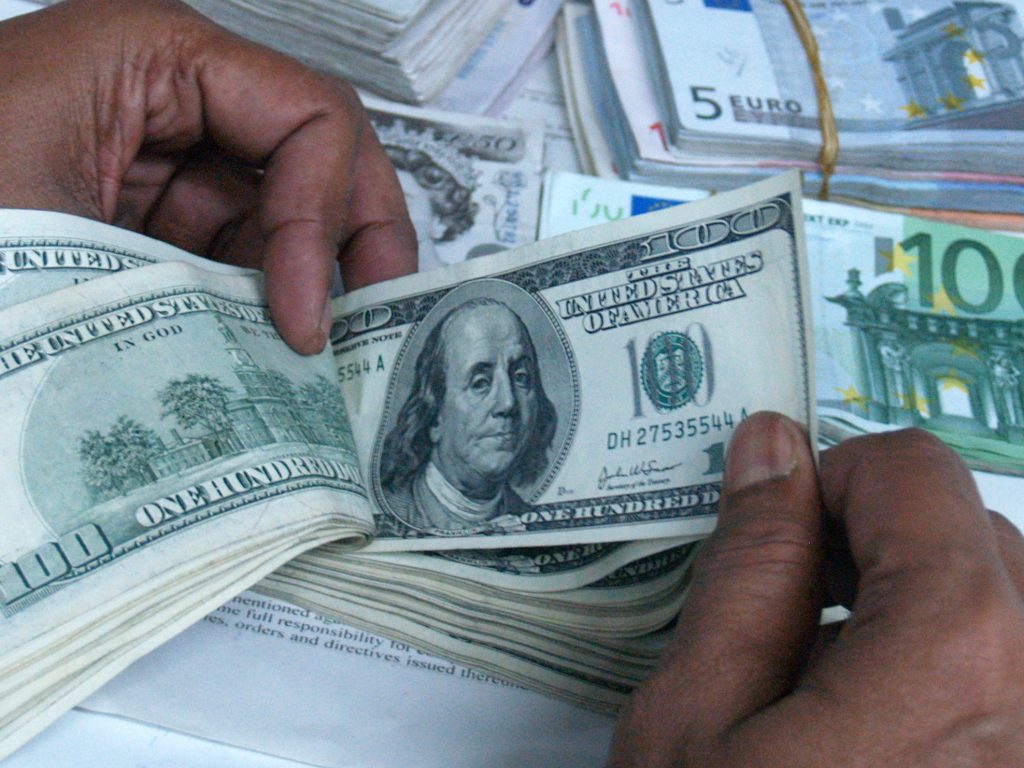Exporters in Bangladesh are facing significant challenges as they struggle to recover losses resulting from a substantial gap in the buying-selling rate of the US dollar (USD).
While exporters receive Tk 98 or Tk 98.50 per USD against export receipts, they must buy the greenback for Tk 107 or Tk 108 when opening letters of credit for importing raw materials. This wide gap has posed difficulties for exporters, hindering their ability to regain losses.
However, recent intervention by the Bangladesh Bank has minimized the gap to around Tk 2, to further reduce it to Tk 1 when dealing with banks.
The Bangladesh Knitwear Manufacturers and Exporters Association expressed concerns over the losses incurred from this gap.
The garment sector is facing a challenging time in 2023, as international clothing retailers and brands have placed nearly 30% fewer work orders for the current season.
These concerns were raised during a roundtable discussion on monetary policy organized by the Institute of Chartered Accountants of Bangladesh (ICAB) and the Economic Reporters’ Forum (ERF) in Dhaka.
Manufacturers highlighted the issue of energy availability, as they are not receiving sufficient gas pressure despite a doubling of prices last year.
The suggestion to introduce payments to Chinese exporters in either rupee or Chinese yuan instead of the USD was also discussed.
Another key issue raised was the need for the government to formulate a monetary policy that attracts investment in the primary textile sector.
The current policy was deemed ineffective in this regard by the president of the Bangladesh Textile Mills Association.
The sector is currently facing challenges with reduced energy availability, as it requires 3,300 million cubic feet of gas daily but only receives 2,550 million cubic feet.
Concerns were raised about reducing the Export Development Fund (EDF) limit when the sector is already facing challenges.
The Bangladesh Garment Manufacturers and Exporters Association president highlighted the burden of the SMART interest rate, which carries a 3% spread, and suggested reducing it to 1.5%.
Experts also called for energy security, downsizing the government’s operating cost, introducing a single exchange rate, and easing the sales of treasury bonds for regular individuals.
They emphasized that resolving the current crisis would require an inflow of USD from exports and remittances and other areas such as foreign development projects and freelancers who earn money from abroad.
Private sector entrepreneurs in Bangladesh are particularly worried about the USD crisis in the current economic scenario.
